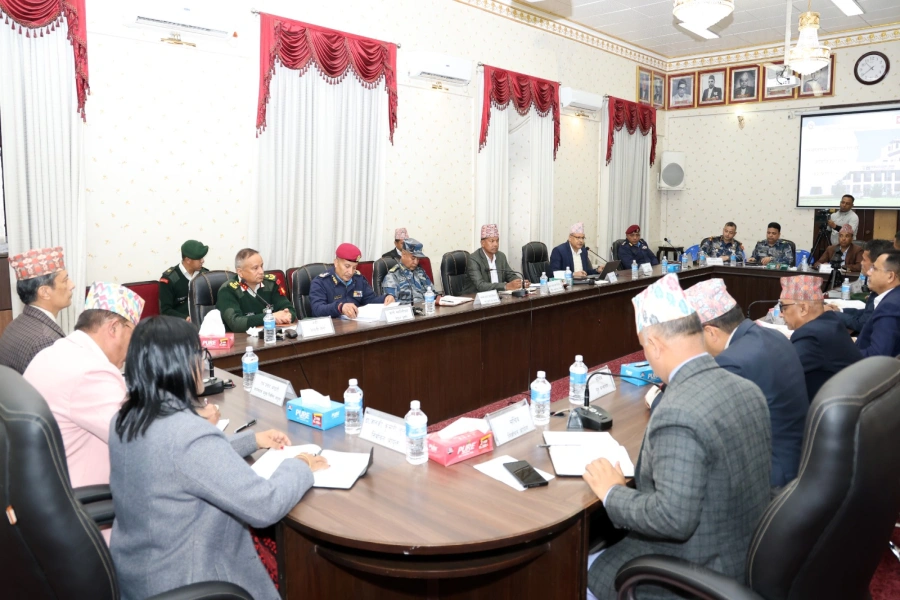KATHMANDU, Jan 18: International rights defender Human Rights Watch (HRW) has urged the Government of Nepal to address the long-delayed transitional justice (TJ) process. The request from the rights body comes at a time when years-long efforts have failed to ensure justice to the conflict victims and the extended terms of two commissions are expiring within less than a month.
The extended terms of both commissions — Truth and Reconciliation Commission and Commission of Investigation on Enforced Disappeared Persons — are expiring on February 9. Conflict victims, human rights activists and political parties are divided over the process to complete the remaining tasks of the TJ process.
The government is pushing amendments to endorse a bill named Transitional Justice Related Act-2018 which was opposed by a larger section of conflict victims and other stakeholders in June last year. A group of government officials and lawyers had drafted the bill to revise the previous TJ-related act, the Enforced Disappearance Enquiry, Truth and Reconciliation Commission Act formulated in 2014. Backed by the government, those same legal experts have been working to finalize the amendment draft.
HRW urges Nepal to ensure transitional justice

A group of conflict victims united under the banner of Conflict Victims’ Common Platform (CVCP) has proposed reconstituting the existing TJ bodies, arguing that they failed in both establishing the truth and prosecuting human rights violators despite spending four years for the same.
Dissatisfied with the progress made by the commissions in ensuring justice to the conflict victims, the CVCP has proposed forming a high-level mechanism by incorporating conflict victims and renewing political commitment to resolve the conflict-era cases. A disgruntled group opposed the idea arguing it would compromise the international TJ standards.
In its annual report released on Thursday, the HRW has said that the flaws in the legislation setting up the two TJ commissions have led the international community to withdraw its support to the government. “In June, the attorney general pledged to amend the laws to bring them into compliance with international laws and Supreme Court directives, but that has not yet happened,” states the right body in its World Report 2019.
Reminding the previous court order that there be no clauses allowing amnesty for people credibly accused of war crimes, the rights body has stated that the victim groups have been protesting against the attempts made to protect suspects from arrests abroad under the principle of universal jurisdiction.
The report has blamed Nepal government for failing to take action to protect other groups from rights violations, including migrant workers and sexual and gender minorities. Nepali authorities have yet to provide adequate support and redress for people affected by the devastating earthquakes in 2015, states the report.
“Nepal has made some important symbolic moves in recent years, but should take practical steps to act on these pledges,” said Meenakshi Ganguly, South Asia director at the HRW. “Governments under the new federal structure should demonstrate that autonomy will enhance distribution of resources to communities and will herald a new era of rule of law and justice.”


























-1200x560-1771928761.webp)










